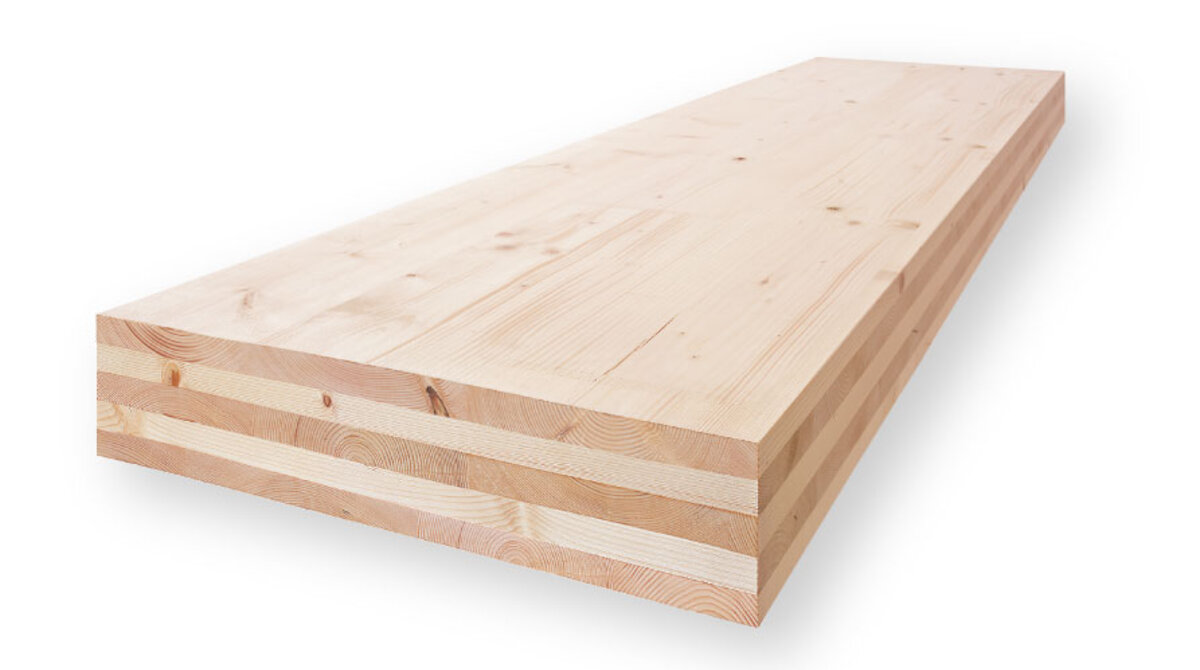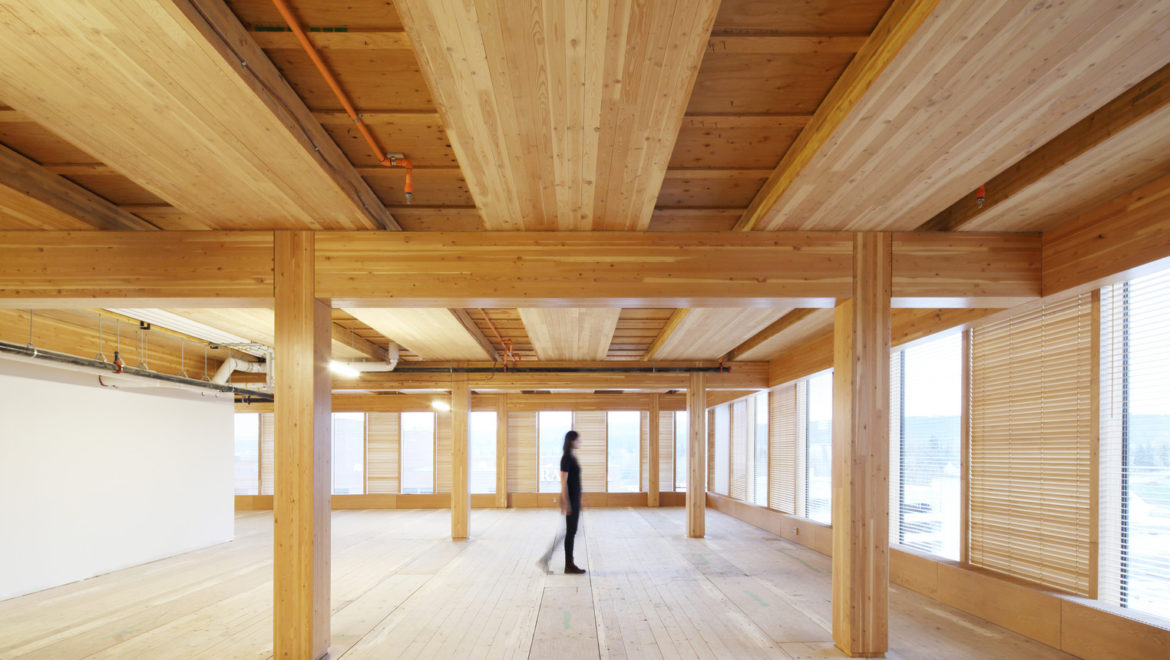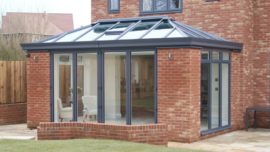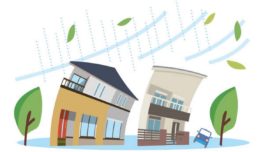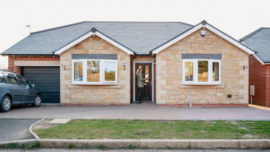All there is to know about Cross-laminated timber (CLT)
What is CLT?
Cross-laminated timber (CLT) is a wood panel product, made from gluing together layers of solid-sawn lumber. They’re usually stacked crosswise at a 90-degree angle and glued into place. Using an odd number of layers is most common.
Advantages and disadvantages of using CLT
Advantages –
- Eco-friendly.
Cross-laminated timber is a renewable, green, and sustainable material.
- Prefabrication.
Floors or walls made from CLT can be manufactured before reaching the job site. Which decreases lead times and could potentially lower overall construction costs.
- Thermal insulation.
Being made out of multiple layers of wood, the thermal insulation of CLT can be high depending on the thickness of the panel.
- CLT is a light building material
Foundations don’t need to be as large and the machinery required on-site are smaller than those needed to lift heavier materials.
Disadvantages –
- Higher production costs.
The production of CLT panels requires a large amount of wood and other materials compared to stud walls.
- Flammability.
Wood is very flammable, unlike other building materials such as steel.
- Limited track record.
Cross-laminated timber is relatively new material. So, a large amount of research has been done on Cross-laminated timber. However, it takes time to integrate new practices.
How much does cross-laminated timber cost?
In addition, the cost of cross-laminated timber is usually around £30 per metre square. Or on the high end of the price spectrum, you can expect it to cost about £50 per meter square.
The cost of materials and labour may be lower than the traditional steel or concrete. Cross-laminated timber also reduces the carbon footprint of buildings.
It is durable?
The CLT product has a life span of 60 years and there are occupied timber buildings in Europe that are over 700 years old. The key factor in the longevity of a timber structure is the management of moisture during the design stage.
